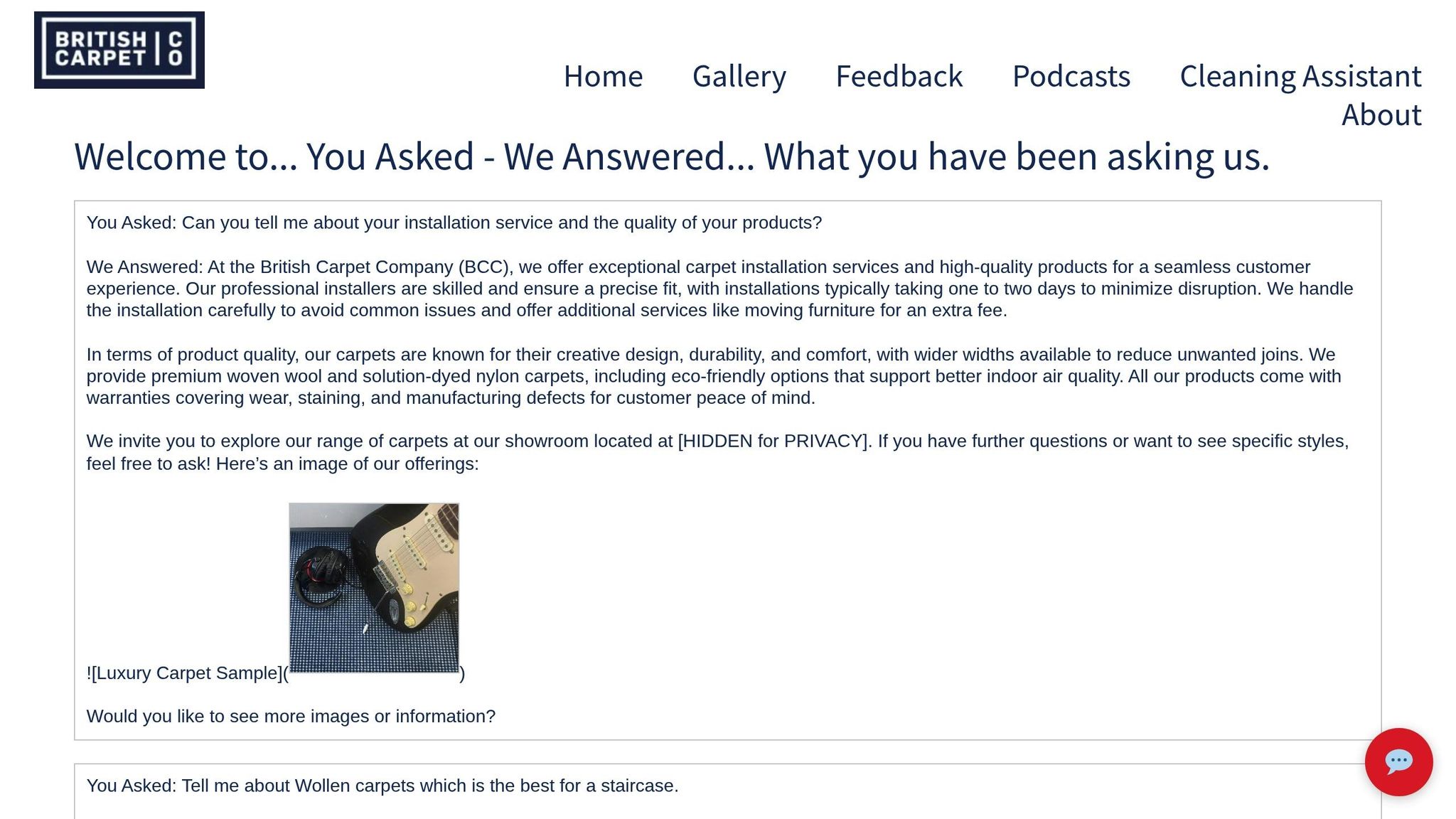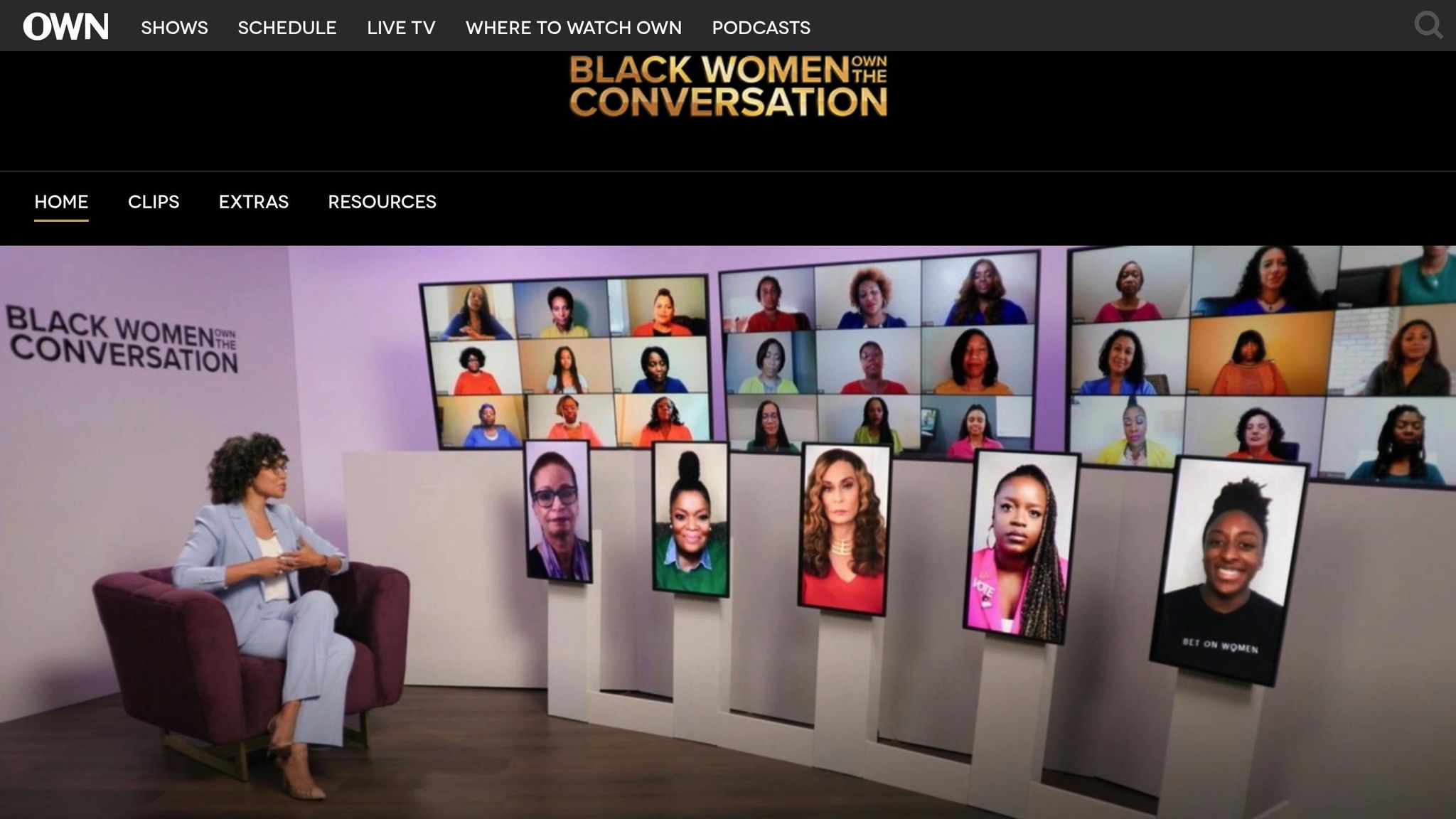In today’s rapidly evolving digital landscape, one question looms large for business owners: How can you ensure your business is visible and recommended by large language models (LLMs)? As search habits shift towards conversational and AI-driven tools, traditional SEO strategies must adapt to meet the demands of these advanced systems. This article delves into the transformative insights shared in a recent video, highlighting actionable steps you can take to make your business stand out in the age of AI.
Why LLM Recommendations Are the Future of Search
Large language models, such as ChatGPT, Claude, Perplexity, and even Grok, are quickly becoming the go-to tools for information retrieval. Unlike traditional search engines like Google or Bing, LLMs prioritize direct and conversational responses over lists of links. This trend signifies a fundamental shift in how businesses are discovered online: it’s no longer just about being ranked on search engines but about being cited and recommended by AI systems.
The Problem with Traditional Search Engines
Historically, businesses have relied on Google and Bing to drive traffic through keyword-based queries and paid ads. However, as highlighted in the video, search behavior is transforming. People are now asking specific, conversational questions, such as:
"What carpet shops can you recommend in the Sutherland Shire for woven carpets and professional installations?"
Search engines like Google still prioritize paid ads and traditional SEO rankings. But LLMs approach this differently. They actively seek high-quality, relevant, and authoritative information to provide accurate answers - making it crucial for businesses to "own the conversation" and strategically position themselves for AI-driven discovery.
Case Study: The British Carpet Company

To illustrate this concept, the video shared the success story of the British Carpet Company. Over six months, this carpet shop implemented a comprehensive strategy to optimize their website for LLM recommendations. Here’s how they did it:
Step 1: Implementing an AI Assistant on the Website
The company placed an AI assistant directly on their homepage. This assistant was trained on the business's content, allowing it to answer customer questions instantly. For example, if a potential customer asked, "What carpet installation services do you offer?" the AI assistant could provide detailed, accurate information without requiring the user to navigate through multiple pages.
The benefits of this approach include:
- Enhanced user experience: Customers no longer need to sift through menus or links to find answers. The AI assistant delivers them directly.
- Accessibility to other AIs: As LLMs crawl the website, they can easily extract structured and detailed information from the AI assistant’s responses.
Step 2: Building a Secondary Content-Rich Domain
The company also launched a secondary domain, focusing on content authority. This domain - dedicated entirely to carpets - hosted a repository of questions and answers covering a wide range of topics, such as:
- The best carpets for specific rooms
- Installation processes for different carpet types
- Pros and cons of various materials (e.g., Berber vs. woven carpets)
This strategy not only served customers but also attracted LLMs, which consistently look for comprehensive and credible information to recommend.
Step 3: Tracking Performance via Analytics
The business monitored its traffic and discovered that LLMs visited the site under labels like "crawl" and "empty user agent string." Unlike traditional search engines that identify themselves, LLMs do not explicitly reveal their presence. By analyzing the surge in empty user agent strings, the company confirmed that LLMs were actively consuming the site’s content and presenting it in their recommendations.
The Results: Standing Out on LLMs
When tested across various platforms, the British Carpet Company consistently topped recommendations, even outranking competitors not optimized for LLMs. Here’s how they performed on some of the biggest AI-driven platforms:
- ChatGPT: The business was prominently recommended above others for specific carpet-related queries.
- Claude: It ranked the company as the top choice, citing detailed content that addressed user needs.
- Perplexity: Despite misspellings in the query, the LLM recognized the company due to the comprehensiveness of its content.
- Grok: The business appeared as the first recommendation, with an extensive description of its services.
Interestingly, the business ranked on LLMs even when it wasn’t visible on Bing or Google for the same queries. This underscores the importance of optimizing for LLMs, which prioritize conversational relevance over paid advertising or traditional SEO rankings.
Key Strategies to Get Your Business Recommended by LLMs
Let’s break down the actionable strategies you can implement to replicate the success of the British Carpet Company:
1. Own the Conversation

- Develop an authoritative content strategy that answers common and niche questions related to your industry.
- Ensure your website hosts detailed and diverse content that LLMs can cite as a reliable source.
2. Implement an AI Assistant
- Use an AI assistant on your website to enhance user experience and provide structured answers to common queries.
- Train the assistant with high-quality, detailed information about your products, services, and expertise.
3. Focus on Content Authority
- Create a content-rich domain or subdomain to host FAQs, blog posts, and detailed guides that are relevant to your industry.
- Use conversational language, as LLMs are trained to understand and process human-like queries.
4. Monitor LLM Activity
- Regularly review website analytics for "empty user agent strings" and other indicators of LLM visits.
- Track trends month-over-month to assess how well your site is performing with AI platforms.
5. Adapt to Conversational Search Trends
- Optimize your content for long-tail, conversational queries rather than short, generic keywords.
- Anticipate the types of questions prospective customers might ask and ensure your content answers them directly.
Key Takeaways
- LLMs are the future of search: Traditional search engines are being overshadowed by AI-driven tools that prioritize conversational queries.
- Authority matters: LLMs recommend businesses based on the quality, depth, and relevance of their content - not paid ads.
- AI assistants boost visibility: Implementing an AI assistant on your website helps customers and LLMs find the information they need quickly.
- Content is king: Build a comprehensive repository of FAQs, guides, and authoritative content to "own the conversation" in your industry.
- Track LLM activity: Watch for empty user agent strings in your analytics to understand how LLMs are interacting with your site.
- Conversational SEO is key: Shift your SEO strategy to prioritize long-tail, natural language queries that align with LLM behavior.
Conclusion
As AI tools like ChatGPT, Claude, and Perplexity become integral to how people search for information, businesses must evolve to stay relevant. The success of the British Carpet Company proves that with the right strategy - one that prioritizes content authority, AI optimization, and conversational relevance - you can position your business to be recommended by LLMs.
By embracing and adapting to this new paradigm, you’ll not only enhance your visibility but also future-proof your business in an AI-driven world. The time to act is now - because owning the conversation is the key to success in the age of LLMs.
Source: "How to Get Your Business Cited and Found by LLMs Using AI Assistants" - Own The Conversation, YouTube, Oct 5, 2025 - https://www.youtube.com/watch?v=ixipLj19mCE
Use: Embedded for reference. Brief quotes used for commentary/review.